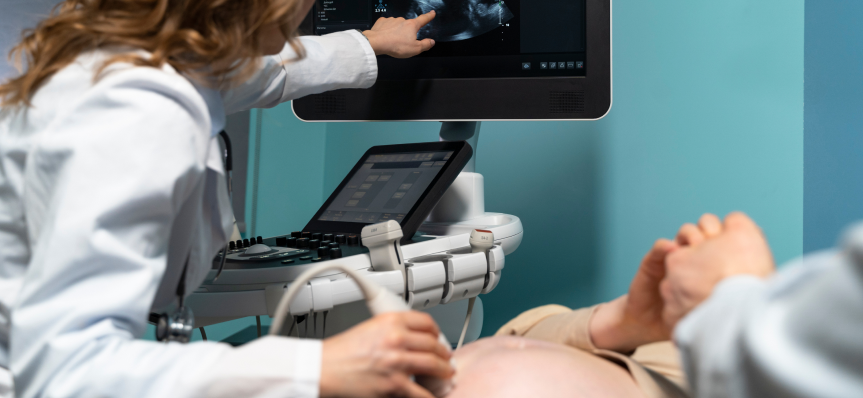Electrophysiological disorders refer to problems with the electrical activity of the heart. These electrical signals are what make the heart beat regularly. Here’s a simple explanation:

Ensuring your child receives the best care is our top priority. Scheduling an appointment with us is easy and convenient.
Book an Appointment